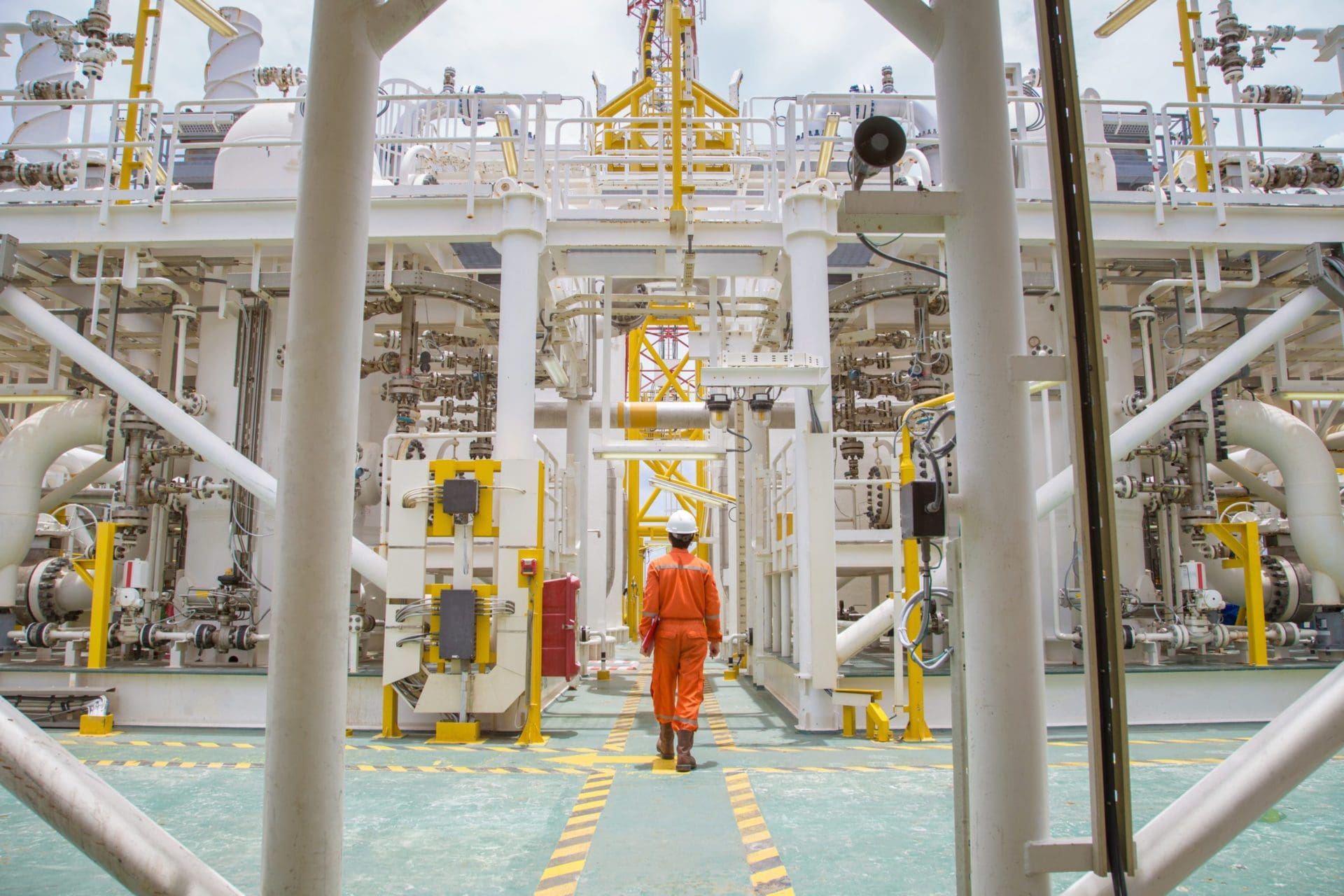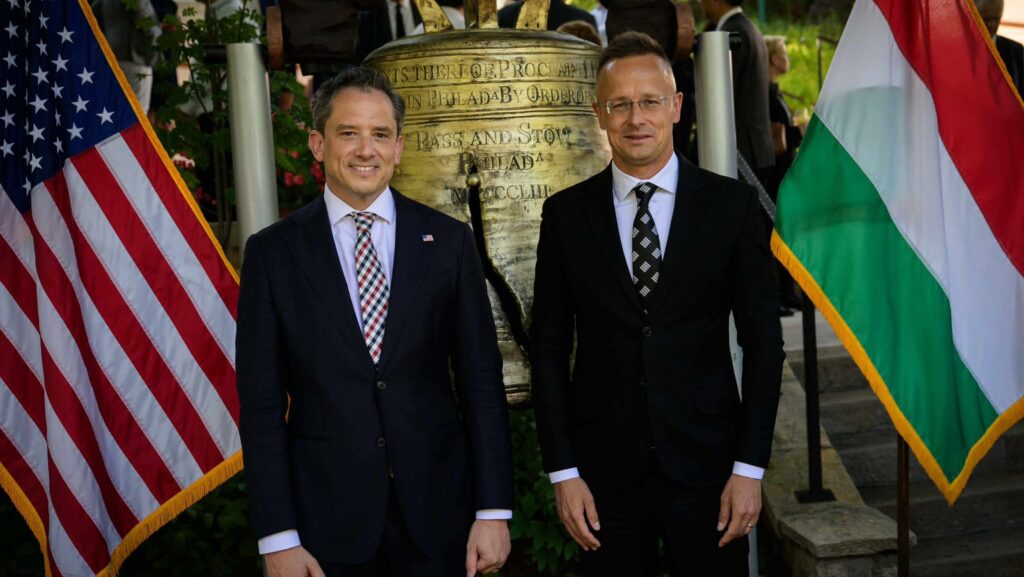Norway may very well be on the brink of energy collapse. Workers in the industry have started strikes, giving until Saturday for the government to meet their demands. If no agreement is reached, the gas production of the country will drop by 25 per cent, while oil refining by 15 per cent.
Numbers
The Lederne organization is one of Norway’s largest energy producers. They have plants providing gas and oil to not only their nation, but also to a part of Europe. Several of their workers have embarked on strike actions in the country, protesting their wages losing value because of the high inflation. Norway is one of the major gas providers of the EU. On Monday, the price of gas rose to its highest point since March. On Tuesday, the listing showed 166.6 Euros – which equals a 2.2 per cent increase compared to Monday. At the start of the week, after the press got wind of the imminent strike, gas prices in the EU grew 2.7 per cent.
Several of their workers have embarked on strike actions in the country
There Are No Winners
If Norway’s gas production takes a dive of 25 per cent, countries in the EU will not be able to buy enough of it to fill their reserves for the winter. In Germany, the food industry is already on the verge of collapse due to the lack of energy in the country, while experts keep warning that EU countries must prepare for a shutdown of all Russian gas pipelines.
Hungary Is Not in Real Danger
According to a publication by the Hungarian Energy and Public Utility Regulatory Authority, gas reserves in May increased in the entire Union compared to what the countries had stored a year ago. The document said that on average, the amount stored increased by 10 per cent, however, in Hungary the same figure reached a staggering 48 per cent.
The Authority stated that while prices increased in the entire EU due to major cuts in Russian gas supplies, competition in the global market has stabilized for a while, since the programmes that are set to fill up reserves have been successful. The European LNG terminals have started to top up, while the demand for LNG in China has decreased.
Consumption Decreased As Well
In Hungary, the overall consumption of gas fell by 32 per cent from last year. Imported quantities grew 1.6 per cent, which made the impressive 48 per cent increase in gas reserves possible. The planned expansion of the Paks nuclear plant may also result in lower gas consumption in the future, meaning that with the current level of reserves and with plans to reduce consumption even further, Hungary should not face a crisis similar to what we are seeing in Germany or Norway.
Conclusion
If the workers of Lederne fail to agree with their government, possibly the entire EU could be faced with even more gas-shortages.
If the workers of Lederne fail to agree with their government about a fair wage, possibly the entire EU could be faced with even more gas-shortages. Germany is already in crisis mode, and many may yet follow. A 25 per cent drop in gas production could mean that many countries will not be able to buy enough gas to store for the winter. This could lead to even more regulations in these countries, cutting back on heating in public spaces, or even in private homes. But even if production drops, Hungary is in a safe spot for the time being, thanks to the country’s abundant gas reserves.








